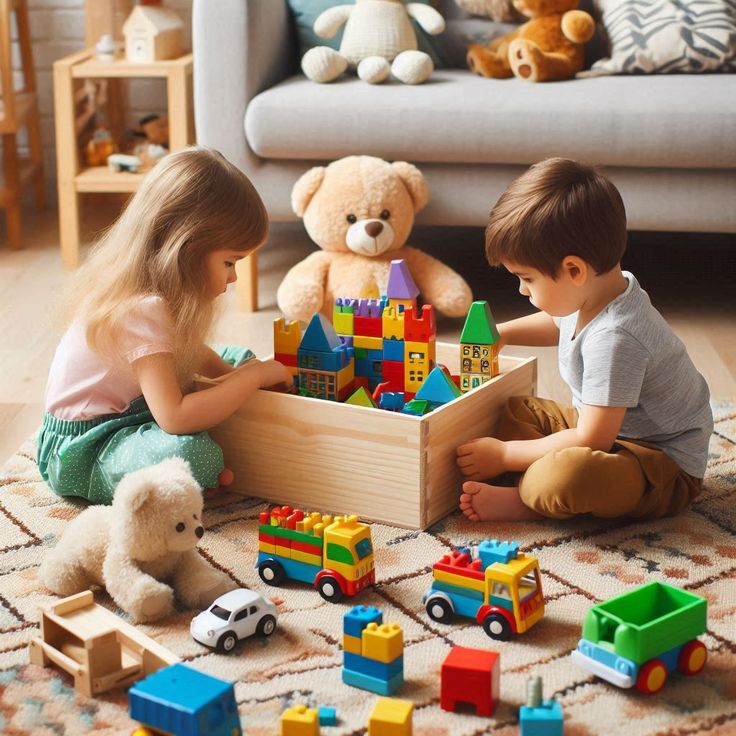Emotional intelligence (EQ) is increasingly recognized as vital for success — just as important as IQ. Surprisingly, smart toys are emerging as powerful tools for developing empathy, self-awareness, and social understanding in children.
1. The Connection Between Play and Emotion
Through play, children learn to identify and express emotions safely. Interactive toys that react to mood, tone, or facial expressions make these experiences even richer. For example, toys that “cheer up” when a child speaks kindly or “frown” when ignored teach cause and effect in emotional contexts.
2. Role-Playing and Storytelling
Smart toys that engage in storytelling or role-play scenarios allow children to explore different perspectives. They learn how actions affect others and how to navigate emotional situations — a foundation for empathy and cooperation.
3. Feedback and Reflection
AI-driven toys often give feedback that mirrors real-life emotional consequences. When a toy encourages a child to apologize or express gratitude, it reinforces positive social habits in a nonjudgmental way.
4. Building Confidence and Self-Regulation
Interactive toys also support emotional self-regulation. Toys that guide breathing exercises or mindfulness games teach children how to calm down, focus, and manage stress.
5. Conclusion
By blending psychology with technology, smart toys nurture a generation that is not only tech-savvy but emotionally intelligent. Through interactive empathy, children learn the most human lesson of all — how to understand and care for others.

